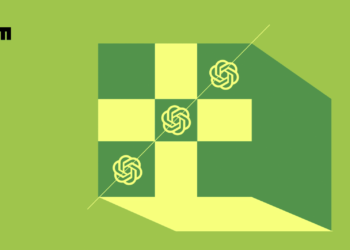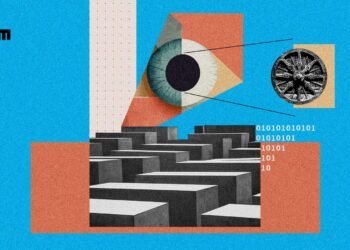CT scans, a type of 3D imaging, are essential in detecting conditions such as lung cancer, neurological issues, and trauma. In the US alone, over 70 million exams are conducted annually. Recently, tech giant Google announced the release of CT Foundation, a new medical foundation tool for 3D CT volumes. This tool, built on VideoCoCa, simplifies the processing of DICOM format CT scans by creating a 1,408-dimensional vector that captures key details about organs, tissues, and abnormalities. By utilizing AI, particularly a subfield called computer vision, radiologists can analyze images to find patterns and identify abnormalities much faster than traditional methods. This has significantly increased the pace and efficiency of medical diagnoses through 3D imaging scans. CT Foundation allows researchers to train AI models more efficiently with less data, significantly reducing the computational resources required. Integration of AI in the complex task of interpreting 3D CT scans provides advanced tools for efficient analysis, helping radiologists spot even the smallest abnormalities that might have otherwise been missed. For example, AI-driven methods now streamline blood flow assessment in stroke patients, providing real-time insights to accelerate treatment decisions during instances of critical care. Additionally, AI has been used to enhance CT image reconstruction and denoise images, reducing processing time and supporting more detailed analysis. This segmentation of deep learning provides thorough diagnostic insights, replacing manual analysis. The integration of AI in 3D imaging has revolutionized the medical field, providing faster and more accurate diagnoses, ultimately improving patient outcomes.
Google Expands into 3D Imaging—Is There Still a Need for Radiologists?
0
Related Posts
Leave a Reply Cancel reply
Popular Stories
-
GenAI is expected to contribute 5% of WNS Analytics revenue in FY25, with anticipated growth ahead.
-
US Government Claims Dependence on Chinese Lithium Batteries Poses Significant Risks
-
Bangalore startup raises $300K to develop AI workers for businesses.
-
This startup in Bengaluru has developed the fastest inference engine, surpassing Together AI and Fireworks AI.
-
Some customers are left without a Kindle due to Amazon’s Colorsoft launch.

We bring you the best Premium WordPress Themes that perfect for news, magazine, personal blog, etc. Visit our landing page to see all features & demos.
LEARN MORE »

















